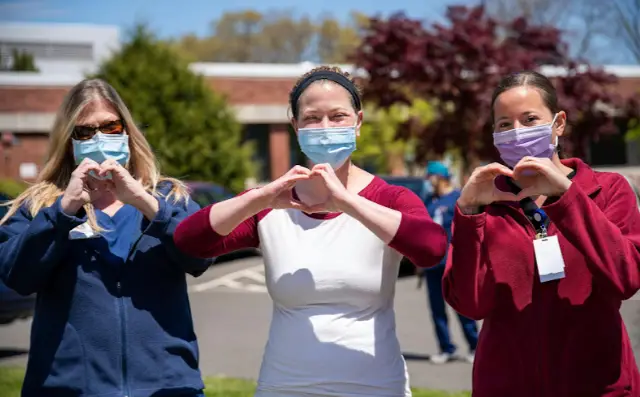Working in Public Health: What To Expect

Embarking on a career in public health can be a rewarding journey, offering a blend of science, policy, and human connection. Those who choose this path can expect to face a range of challenges and opportunities, with the potential to make a significant impact on communities and individuals. In this article, we will discover the various facets that make up this vital sector and how you can prepare for a fulfilling career.
The Multi-Disciplinary Nature of Public Health Careers

The field of public health is inherently cross-disciplinary, often requiring a blend of skills from epidemiology to social science. Professionals in this sphere may collaborate with a diverse array of sectors including healthcare, education, and government. The dynamic nature of public health challenges necessitates an adaptable and multifaceted approach to finding effective solutions.
Given the broad scope of public health, practitioners can specialize in areas such as environmental health, biostatistics, or health education. Each of these specializations demands a deep understanding of both the scientific underpinnings and the societal implications of public health issues. A typical day might involve data analysis, developing community programs, or crafting health policy.
Working in a multidisciplinary environment also means that public health professionals must be proficient communicators who are able to translate complex health information into understandable concepts. Education plays a significant role, as informing the public about health risks and prevention strategies is paramount to improving health outcomes.
Moreover, those considering a career in this field may seek advanced education like a Masters of Public Health to solidify their expertise. With a master’s degree, professionals can take on leadership roles and contribute to developing evidence-based practices.
Daily Responsibilities in Public Health Roles

Public health professionals have varied responsibilities that change daily, depending on their role and specialization. For instance, an epidemiologist might spend most of the day analyzing data to track the spread of diseases, while a health education specialist could be busy planning and implementing community health workshops.
Additionally, those working in emergency preparedness and response must be ready to act swiftly in the face of health crises. This could involve developing response strategies, coordinating with different organizations, and providing clear guidance to the public during events like pandemics or natural disasters.
A significant portion of public health work also revolves around preventive care, which requires ongoing community assessments and the development of interventions to curb potential health issues. Preventive efforts are crucial to reducing the burden on healthcare systems and improving population health.
Impact of Emerging Trends and Technologies on Public Health
Technology is increasingly significant in public health, providing new tools for disease surveillance, data analysis, and patient education. Emergent trends such as telematics and mobile health apps have revolutionized how health information is disseminated and how patients are monitored.
Artificial intelligence and machine learning are also becoming integral to public health, aiding in the prediction of health trends and the personalization of care plans. With these technologies, public health officials can better understand patterns and develop more effective intervention strategies.
Moreover, the widespread use of electronic health records (EHRs) has improved the efficiency of data collection and sharing, enabling a more coordinated response across different healthcare providers and public health agencies. This interconnectedness is vital for a comprehensive approach to managing public health.
Career Growth and Professional Development in Public Health
Despite the challenges, a career in public health offers numerous opportunities for growth and advancement. Whether through higher education, certifications, or on-the-job experience, professionals in this field are encouraged to continue learning and expanding their skill sets.
There are also many pathways for specialization, allowing individuals to focus on areas that match their interests and skills. A practitioner passionate about maternal and child health may pursue roles that allow them to develop programs and policies to improve health outcomes for this population.
Mentorship and networking play vital roles in one’s professional development. Many public health organizations offer mentoring programs, and attending conferences and seminars can help build connections and learn about new advancements in the field.
Finally, those with leadership aspirations can work towards positions like Public Health Director or Program Manager. Such roles require a thorough understanding of health systems, robust management skills, and a visionary approach to public health challenges.
Overall, a career in public health offers a dynamic and multifaceted journey, combining science, policy, and community engagement to address complex health challenges. With a diverse range of specializations and the integration of emerging technologies, professionals in this field have the opportunity to make a significant impact on population health outcomes. Through continuous learning, mentorship, and leadership development, individuals can navigate a rewarding path toward shaping healthier communities and improving the well-being of society as a whole.
